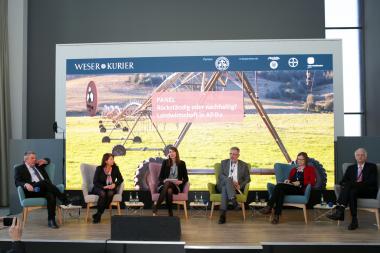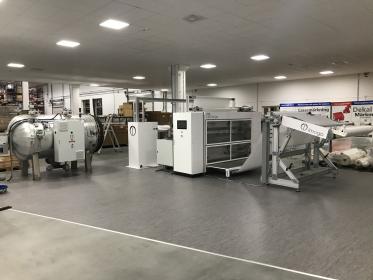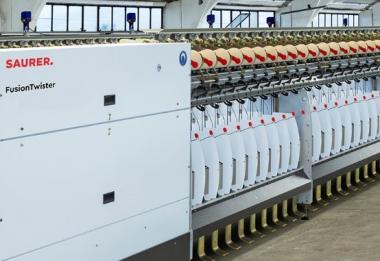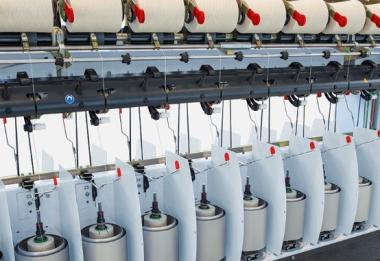Autoneum: Report on financial year 2019
Net result impacted by operating losses and high impairments in North America
In 2019, Autoneum grew organically by 2.5% and has thereby significantly outperformed the declining market. In Swiss francs, revenue rose slightly to CHF 2 297.4 million. However, as previously communicated, operational inefficiencies in North America and impairments on fixed assets in that region had a particularly strong impact on profitability and led to a net loss of CHF –77.7 million. The Board of Directors therefore proposes that no dividend bedistributed for the 2019 financial year. Based on the new turnaround program launched in North America at the beginning of this year, significant profitability increases are expected for 2020.
2019 was an extremely challenging year for the automobile industry. The continuing weakness of the global economy, ongoing trade disputes and the increasing regulation of mobility impacted vehicle demand negatively. But 2019 was also a year of change for Autoneum internally. An in-depth analysis carried out by the new Group Management in the fall showed a need to reevaluate the Group’s performance over the short- to medium-term. In Business Group North America, the operational and commercial problems have proven more extensive than originally assumed. As a result, the turnaround program launched in spring 2019 was replaced at the beginning of 2020 with a dedicated and far more comprehensive program for the North American sites.
Revenue growth despite a shrinking global market
As a result of weak demand, the number of light vehicles produced worldwide fell again sharply in 2019 compared to the previous year; whereby the decline of almost –6% was much steeper than in 2018. Thanks to numerous production ramp-ups and a favorable model portfolio, Autoneum generated organic revenue growth1 of 2.5%, despite the global market cooling. Revenue consolidated in Swiss francs rose by 0.7% from CHF 2 281.5 million to CHF 2 297.4 million.
Profitability2 impacted by operational inefficiencies and impairments
Operational inefficiencies in North America and impairments on fixed assets in this region were the main reason for the – first-ever – negative net result in 2019. In addition, the sharp drop in automobile production in Europe and China as well as associated lower utilization of production capacities in the affected Business Groups also burdened the Group’s profitability. EBITDA excluding IFRS 16 effects decreased to CHF 126.0 million (2018: CHF 197.2 million), which corresponds to an EBITDA margin of 5.5% (2018: 8.6%). One-time charges from impairments in the amount of CHF –68.0 million had a negative impact on EBIT, reducing it to CHF –32.9 million (2018: CHF 114.1 million). Without these one-time charges, EBIT amounted to CHF 35.0 million. The EBIT margin 1 Change in revenue in local currencies, adjusted for hyperinflation. 2 The figures for the 2019 financial year include IFRS 16 effects. Autoneum Management Ltd . Media Release . March 4, 2020 Page 2/5 excluding impairments was at 1.5% in 2019, and taking those into account the margin decreased to –1.4% (2018: 5.0%).
Autoneum
autoneum
































